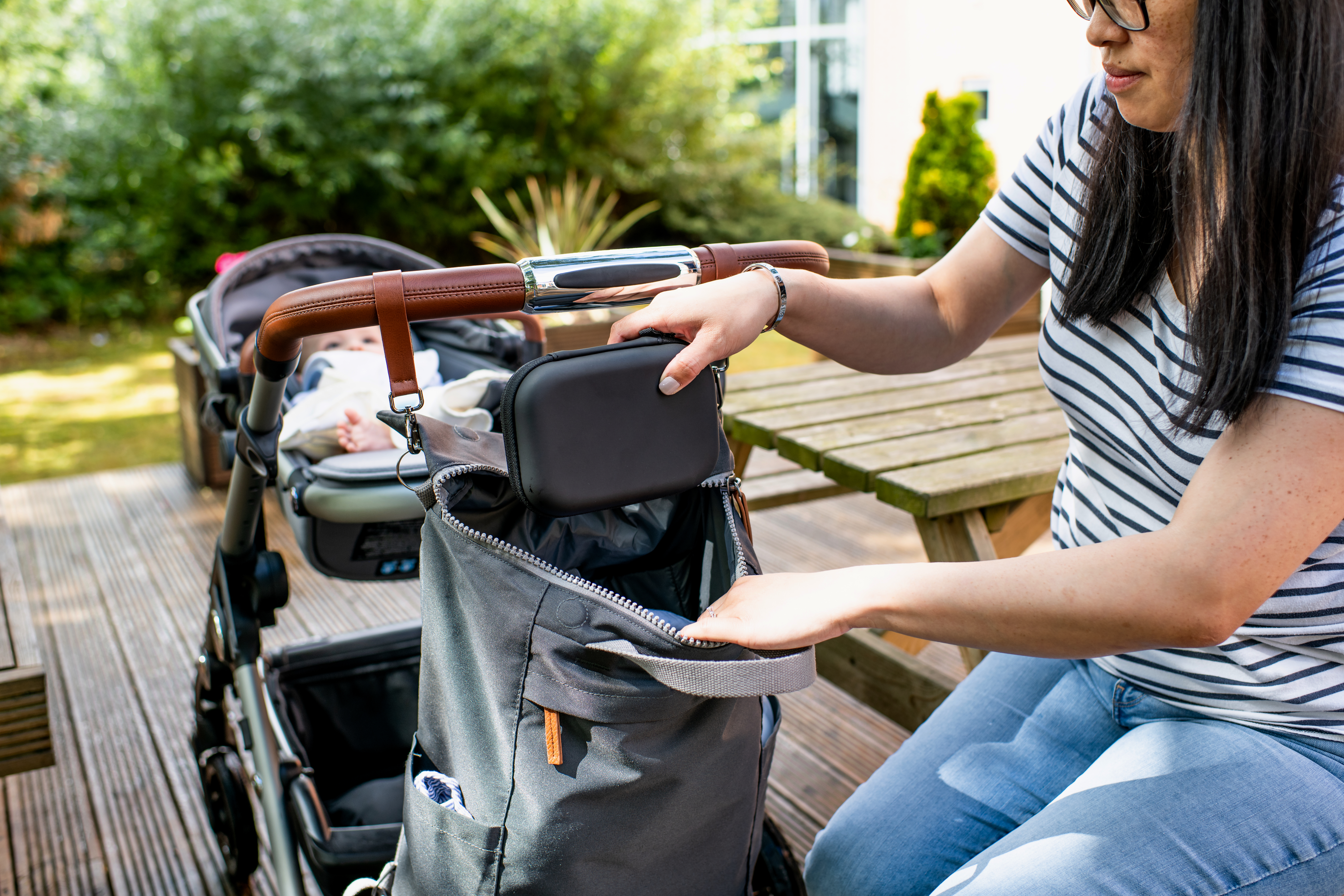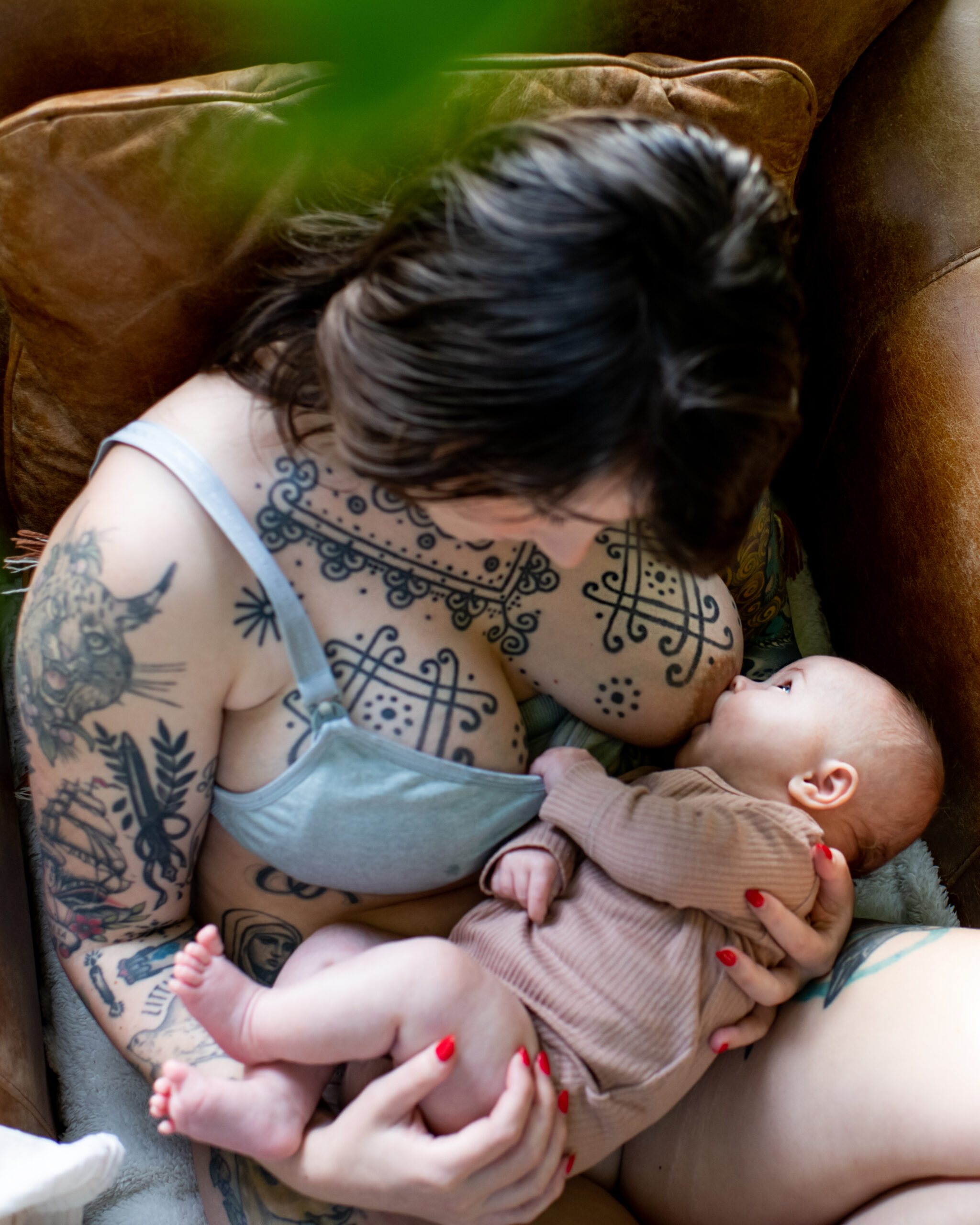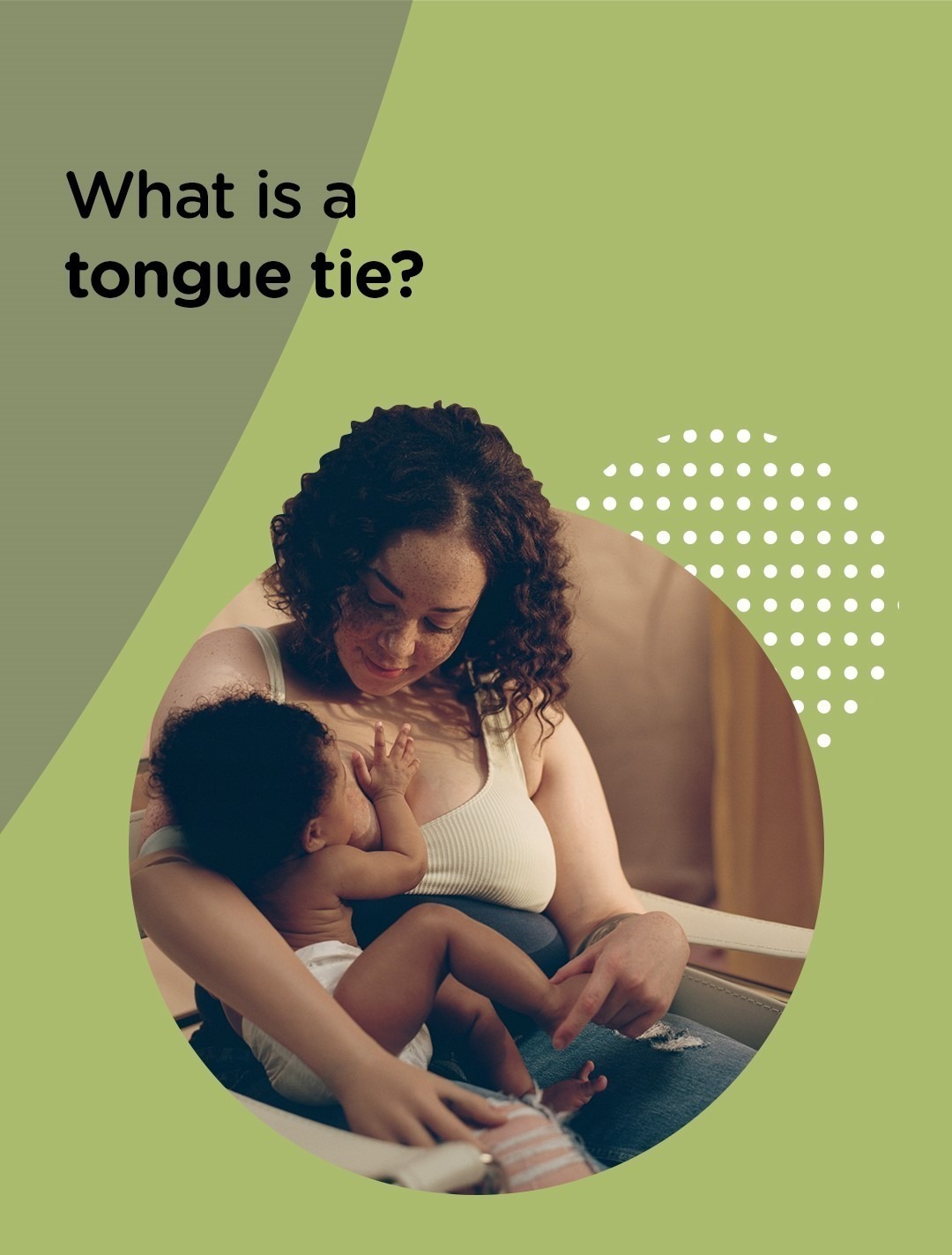Ahh sleep, precious sleep! As a new parent, you may find yourself dreaming of a silent night more than ever, that’s mainly down to the fact that a baby’s sleep pattern or cycle differs a lot from an adult’s – which is pretty predictable thanks to our biological circadian rhythm (that’s the thing that makes us feel tired at night and awake during the day).
What is a sleep cycle?
The term ‘sleep cycle’ is used to broadly describe the cyclical process of being awake and asleep in a certain time frame, such as 24 hours.
It can also refer to a single sequence of two types of sleep: REM (Rapid Eye Movement) and non-REM sleep (also known as active and quiet sleep).
- In REM sleep, you may see your baby move around more and hear them make noises.
- In non-REM, quiet sleep, your baby sleeps more deeply.
The four stages of a newborn’s sleep cycle
- Your baby feels drowsy: They start to drift off to sleep.
- REM sleep, or the active sleep phase: In this stage, you’ll see your baby’s eyes moving under their eyelids, their breathing may be irregular, and you might notice them cry, jump or startle every now and then. “Many new parents often mistake the active sleep phase as the baby waking and try to soothe their little ones when in fact, you may end up waking them up”, says Miriam Sauter, Paediatric Sleep Consultant at Early Sleep. “Try to hold back and instead, observe your baby. You will find that they’ll soon transition into the non-REM part of their sleep cycle and slow down their breathing.” Did you know that newborn babies spend about 75% of their time in active sleep?
- Indeterminate or light sleep where your baby’s sleep becomes less active: Now, your baby starts to calm down, but they might still move about or twitch when they hear a sound.
- Deep non-REM sleep or quiet sleep: Your baby won’t move around as much during this stage, their breathing will be much slower and rhythmic, it’ll be more difficult to wake them, and their eyelids won’t flutter. On average, newborn babies will spend about 20 minutes in this sleep phase.
Newborn babies require up to 18 hours of sleep, and they may sleep anywhere from 15 minutes to three hours at a time over 24 hours. By six months, babies sleep an average of about 13 to 14 hours each day over bigger blocks of time.
As a baby grows, their sleep cycles progress. They begin to spend less time in REM sleep, and their sleep cycle starts to look more like an adult’s. Babies roughly complete one sleep cycle in 45 minutes, which increases to 60 minutes by the time they are around three years old. So don’t worry, you won’t be battling with sleep deprivation forever!


